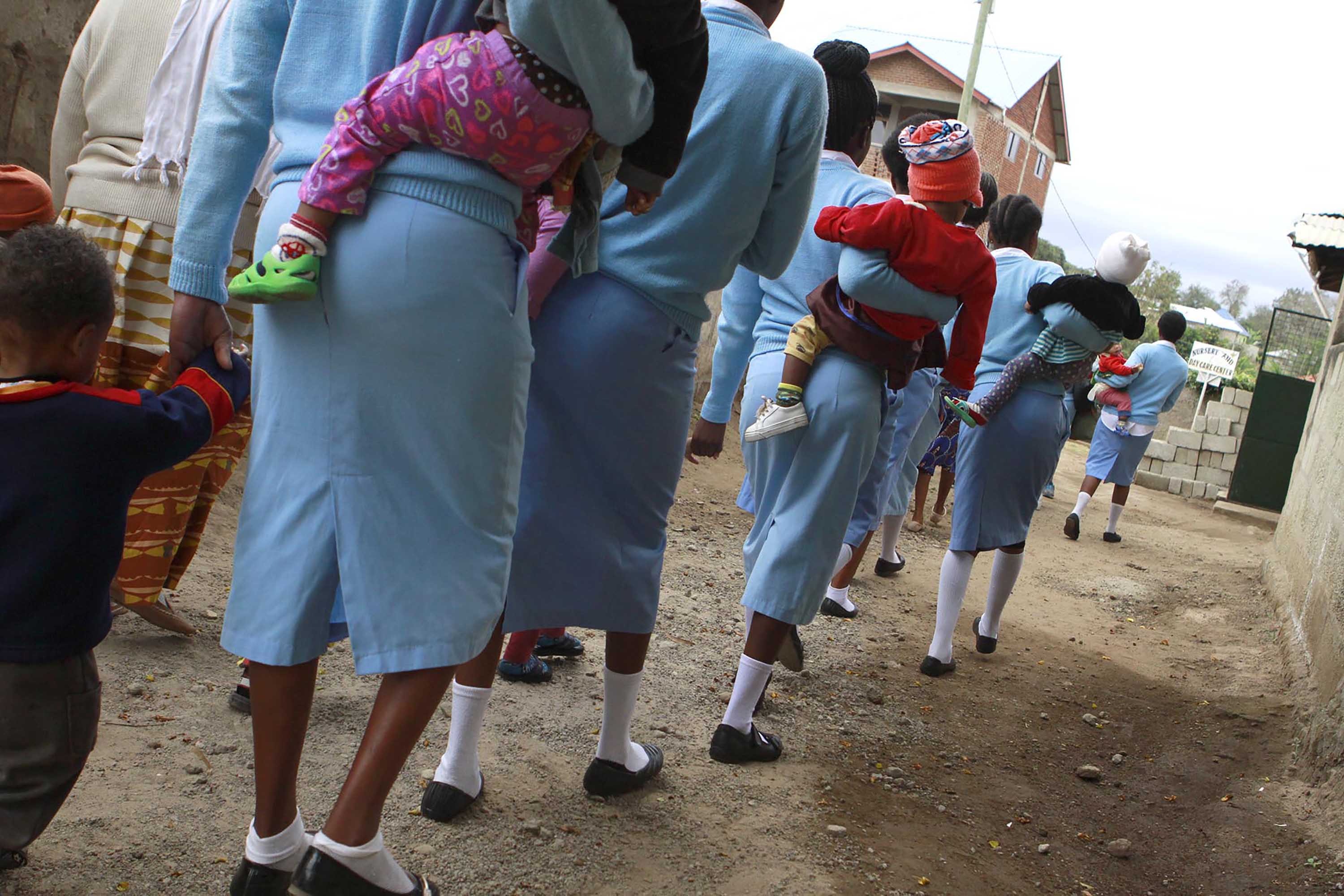Mtoto wa Shule
JF-Expert Member
- Nov 16, 2014
- 11,654
- 8,586
Nahisi hutakula siku hiyo.nahisi hatukopeshwi wala nini.!
Nahisi hutakula siku hiyo.nahisi hatukopeshwi wala nini.!
mmhh... yaani nisile kwa sababu ipi? kama ni hii ya kutokopeshwa basi jua siku hio tashiba kwa kulaNahisi hutakula siku hiyo.
Kwasababu najua tutakopeshwa na wewe hutaki tukopeshwe ndio maana nikajua hutakula siku hiyo kwa litakolokuwa limekukaba kooni!mmhh... yaani nisile kwa sababu ipi? kama ni hii ya kutokopeshwa basi jua siku hio tashiba kwa kula
Hii no sawa kama katika level ya familia baba unatamba kuwa una fedha za kununua gari BMW cash lakini sukari ya uji wa watoto unaenda kubembeleza dukani kwa mpemba mkopoHela za kununua madege cash cash tunayo,ila za elimu ya walalahoi hatuna na tunakopa!!
Awamu ya V-WONDERS!!
Kwani anayempa mimba lazima awe mwanafunzi?Hii ni moja ya sheria dume na kandamizi ,nikipewa Urais kwa siku moja ikifika saa 9am sheria hii nitakuwa nimeifutilia mbali,mtoto wa kike na kiume wote wana haki sawa,why anaadhibiwa motto wa kike tu kwa kufukuzwa shule?wakati wa kiume anaendelea na masomo?,mwanafunzi mwenye ujauzito ataendelea na masomo hadi siku ya mwisho atakayoenda kujifungua,na akishajifungua anarudi shule na kuendelea na masomo na kama kichanga chake kipo jirani watapewa muda maalum(lunch time)kwa ajili ya kuwanyonyesha.social workers watapewa maarifa zaidi ya kuifanya kazi yao,elimu ya uzazi itatolewa mashuleni ili wanafunzi wajitambue,condoms na njia zingine za kuzuia STDs na mimba zitasogezwa zaidi kwa wanafunzi.

Hatutegemei mikopo ya mabeberu, tunajenga uchumi kwa pesa za ndani.... nchi hii ni tajiri.
Labda uwe rais wa wala ugoro.Kati ya watu ambao nikifanikiwa kuwa raisi wa nchi nitamueliminate within 24 hrs Ni ZITO KABWE.